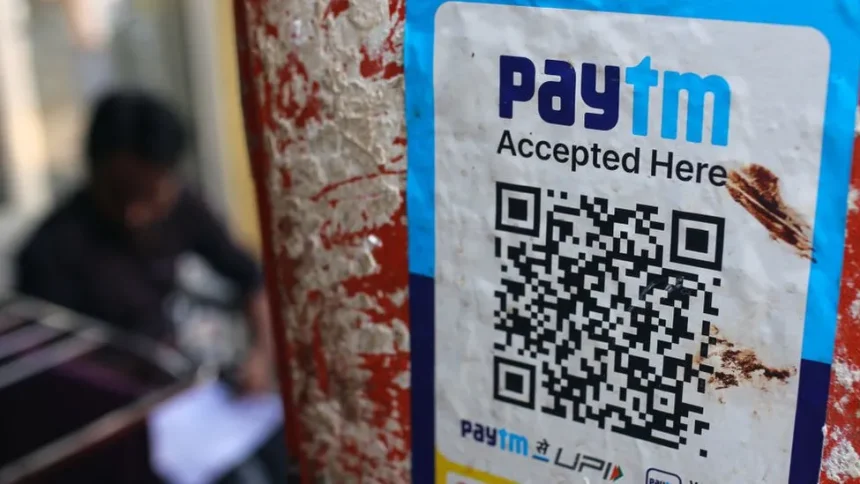Due to “persistent non-compliance” with its regulations, the central bank of India has requested that Paytm, the business that revolutionized digital payments in the nation, cease all services provided by its banking subsidiary, popularly known as the wallet service. With over 330 million users, the Paytm app facilitates Swift payments, which are supported by the division.
According to reports, Paytm has been charged with financial offenses by the Reserve Bank of India (RBI), including money laundering and fabricating client information.
Customers may still make payments into their Paytm bank accounts or wallets until their account balance is depleted, but the business has been advised to cease taking deposits on March 1st.
Paytm has refuted the claims in the meantime. “The Paytm app remains fully operational, and our services are unaffected,” the business said in a statement.
As an intermediary, the app may still quickly transfer money between non-Paytm bank accounts, but it is unable to take direct deposits.
The company’s wallet business would be significantly impacted by this. People may receive deposits, save money, and make payments using their Paytm wallet, which functions similarly to a bank account. All users have to do is scan a QR code or verify their identity with their phone number.
Additionally, users can move money back and forth between their wallets and other bank accounts.
The regulatory crackdown has unsurprisingly hurt thousands of small company owners who depended on the app to complete transactions quickly and easily.
Additionally, it has severely damaged Paytm, as investors withdrew billions of rupees as a result of the order, which caused the company’s shares to plummet.
Experts in the field speculate that this action may be a prelude to the payments bank losing its license in the coming weeks, which would only heighten investor anxiety.







